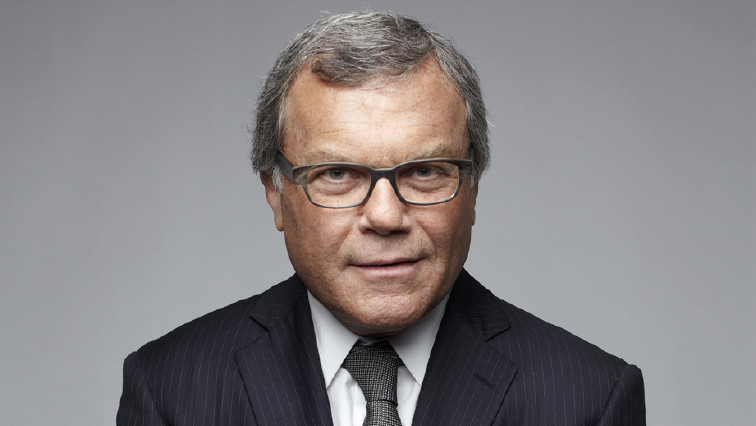
As the world’s population grows, ages and becomes increasingly urbanised, and the impact of water scarcity, climate change and competition for natural resources is felt, the implications for business will be significant. On the one hand, there will be major opportunities from a larger middle-class consumer base as well as new markets in areas like smart technology and alternative energy. But the challenges can’t be underestimated – from rising costs and resource scarcity, to significant infrastructure constraints and supply chain instability. As Andrew Curry notes in his article in this report, the changes will be accompanied by continued rising and changing expectations of the role of business in society.
As businesses adjust, we will see disruptive innovation in products and services and the emergence of new business models and closed-loop supply chains. If today’s brands want to remain relevant to the consumers of the future they need to start preparing now for these changes.
At WPP, we’re proud to work with many of the world’s leading companies. Many of our clients have already begun the process of putting sustainability at the heart of their business strategies, with major implications for their sourcing, their products and services, their business models and their relationships with customers, partners and society. Our companies are helping them on this journey by providing insights, advice and communications to help clients reshape their businesses to be sustainable for the long term.
In our own business we know that lasting success is also reliant on us operating in a way that creates value for share owners, for our clients, our people and the world at large. Our clients increasingly want to know about our social and environmental performance. In 2014, 12% of our revenues – £1.35 billion – came from clients who have engaged with us on sustainability.
I am pleased to report we are making good progress. We have set an ambitious carbon reduction target, aiming for a 47% reduction to 1.8 tonnes per employee by 2020. To achieve this, we are investing in improving energy efficiency in our buildings and IT, reducing non-essential air travel and purchasing renewable energy. We have cut the carbon footprint of our business by 33% per employee since 2006. We are the first in our sector to measure carbon emissions across our value chain, which will enable us to work with clients and suppliers to achieve wider reductions.
Our companies succeed or fail on the skills of our people, and we continue to invest in the best training and development opportunities, as well as reaching out to a diverse pool of candidates to ensure our business reflects our clients and consumers all over the world. Women account for almost half of senior managers in our companies, but we still have further to go to achieve gender balance among our executive teams.
All businesses have a role to play in creating opportunities for young people in the job market, and our companies offered nearly 6,000 internships and apprenticeships during 2014. We also partnered with many schools and universities to help equip young people with skills and secure a sustainable talent pipeline for our industry.
Our companies make a major contribution to organisations working in areas such as education, human rights, health and the environment through pro bono work – creative campaigns for little or no fee. In 2014, our total social contribution, including the value of free media space negotiated by WPP agencies on behalf of pro bono clients, was worth £46.9 million.
One of the most exciting pro bono campaigns from the year was ‘Why? Why Not?’ created by seven WPP companies on behalf of Al Gore’s Climate Reality Project. This successfully engaged hundreds of thousands of young people on the issue of climate change in the lead-up to the UN Summit in New York and reached 160 heads of state at the UN Summit opening ceremony.
We will continue to work on these issues with our clients and in our businesses during 2015.
Sir Martin Sorrell
Group chief executive
[email protected]
2014 Highlights
33%
reduction in carbon emissions per employee since 2006
£73.9m
investment in training and welfare
160,000
employees completed our Ethics and Anti-Bribery and Corruption training
£21.8m
contribution through pro bono work and charitable donations
£1.35bn
revenue from clients who engaged with us on sustainability
46%
of senior managers in the Group are women